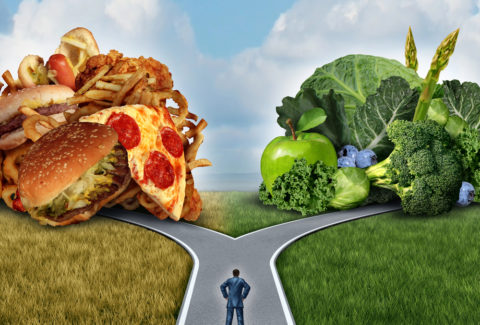The Eight Pillars of Mental Health
In our journey toward holistic well-being, mental health stands as the cornerstone of our vitality and resilience. Just as a sturdy structure relies on solid pillars for support, our mental health thrives on a foundation built upon essential elements. Let’s delve into the eight pillars that form the backbone of mental wellness:
Healthy Eating:
Nourishing our bodies with wholesome foods not only fuels our physical health but also influences our mental well-being. A balanced diet rich in fruits, vegetables, whole grains, and lean proteins provides vital nutrients that support brain function and mood regulation.[1]
Physical Exercise:
Exercise is not just about sculpting the body; it’s also about nurturing the mind. Regular physical activity releases endorphins, neurotransmitters that uplift mood and reduce stress. Whether it’s a brisk walk in nature or an invigorating gym session, exercise is a powerful ally in promoting mental resilience.[2]
Good Quality Sleep:
Sleep is the body’s natural reset button, crucial for cognitive function, emotional stability, and overall vitality.[3] Prioritizing restful sleep hygiene practices, such as establishing a bedtime routine and creating a comfortable sleep environment, fosters mental clarity and emotional balance.
Healthy Relationship with Stress:
Stress is an inevitable part of life, but our response to it can profoundly impact our mental health. Cultivating resilience involves embracing stress as a natural phenomenon and developing adaptive coping strategies to navigate life’s challenges with grace and resilience.[4]
Healthy Relationship with Breathing:
Mindful breathing techniques serve as anchors in times of turbulence, grounding us in the present moment and calming the mind. Incorporating practices like deep breathing, meditation, or yoga fosters emotional equilibrium and cultivates a sense of inner peace.[5]
Cognitive Stimulation:
Just as our bodies thrive on physical exercise, our minds flourish with cognitive stimulation.[6] Engaging in activities that challenge and stimulate the brain, such as learning new skills, solving puzzles, or pursuing creative endeavors, promotes cognitive vitality and enhances mental agility.
Optimal Socialization:
Human connection is a fundamental aspect of mental health, offering support, belonging, and a sense of purpose. Nurturing meaningful relationships and fostering a supportive social network[7] provides a vital buffer against unhealthy relationships with stress and promotes emotional well-being.
Healthy Relationship with Alcohol and Other Mind-Altering Substances:
While alcohol and other substances may offer temporary relief, they can also disrupt mental equilibrium and exacerbate underlying issues. Cultivating mindfulness around substance use[8], setting healthy boundaries, and seeking support when needed are essential for maintaining mental health.
By embracing these eight pillars of mental health, we fortify our resilience, nurture our well-being, and embark on a journey toward greater vitality and fulfillment. Each pillar serves as a guiding light, illuminating the path toward holistic wellness and empowering us to thrive in the face of life’s inevitable challenges.
[1] Watson, Clare. “Eating for better mental health.” Nature 588.7837 (2020): S63-S63.
[2] Mikkelsen, Kathleen, et al. “Exercise and mental health.” Maturitas 106 (2017): 48-56.
[3] Scott, Alexander J., Thomas L. Webb, and Georgina Rowse. “Does improving sleep lead to better mental health? A protocol for a meta-analytic review of randomised controlled trials.” BMJ open 7.9 (2017): e016873.
[4] Epel, Elissa S., et al. “More than a feeling: A unified view of stress measurement for population science.” Frontiers in neuroendocrinology 49 (2018): 146-169.
[5] Ma, Xiao, et al. “The effect of diaphragmatic breathing on attention, negative affect and stress in healthy adults.” Frontiers in psychology 8 (2017): 234806.
[6] Rabheru, Kiran, et al. “Mental Health, Cognitive Resilience, and Vitality.” Promoting the Health of Older Adults: The Canadian Experience (2021): 323.
[7] Haslam, S. Alexander, et al. “Social identity makes group-based social connection possible: Implications for loneliness and mental health.” Current opinion in psychology 43 (2022): 161-165.
[8] Ramadas, Eduardo, et al. “Effectiveness of mindfulness-based relapse prevention in individuals with substance use disorders: A systematic review.” Behavioral Sciences 11.10 (2021): 133.









